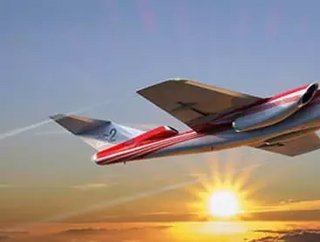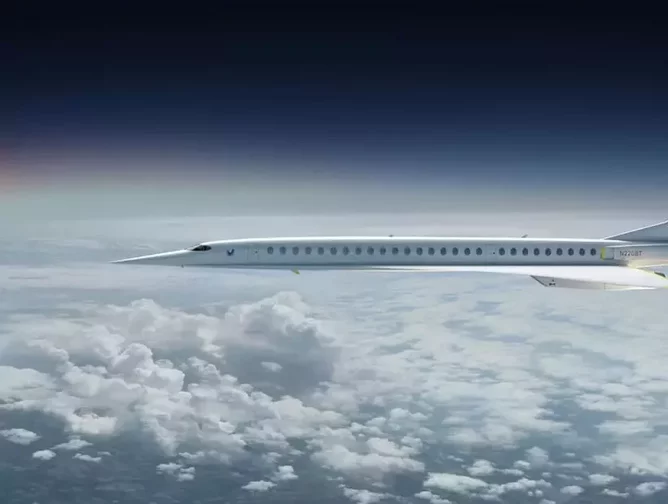AERION supersonic passenger jet hopes dashed

Aerion Corporation, which was planning to revive civilian supersonic air travel not seen since the demise of Concorde in 2003, has said it will cease operations.
The company, founded by Texan billionaire Robert Bass and backed by the likes of Boeing, General Electric and NetJets, said it had failed to secure sufficient funding. As recently as March, Aerion had said output would begin in 2023 with first delivery in 2027.
Aerion had secured more than US$11bn in orders for the AS2 which it said would fly at supersonic speeds yet without the sonic boom effect which restricts such aircraft, particularly flying over land.
“In the current financial environment, it has proven hugely challenging to close on the scheduled and necessary large new capital requirements” the company said in a statement.
“Aerion Corporation is now taking the appropriate steps in consideration of this ongoing financial environment.”
The AS2 was priced at US$120 million per jet, and Berkshire Hathaway-owned NetJets has placed an order for 20 aircraft. Earlier this year, Aerion had announced it would build a US$375 million manufacturing base in Florida.
Commenting on the Aerion closure, backer Boeing said in a statement: “While we are disappointed Aerion could not secure additional funding to continue their work, we remain committed to working with innovative and creative partners who, like Aerion, continue to push limits on groundbreaking technology”.
The AS2 aimed to flay at Mach 1.4, which is more than 1,000mph, over water and just below the speed of sound over land to comply with regulations.
Supersonic air travel dreams still alive
The news came just hours after another supersonic programme said it wanted to be able to fly passengers anywhere in the world in just four hours, and for just US$100.
Boom Supersonic CEO Blake Scholl shared the ambitious vision with CNN and said his Overture airliner should be flying by 2026 at speeds up to Mach 2.2 – twice as fast as current commercial aircraft.
In real world terms, that means cutting a flight time from New York to London down to 3 hours 15 minutes, or LA to Sydney in 8 hours 30 minutes.
Overture would be capable of carrying up to 88 people and Scholl says his end-game target of four hours and US$100 for a ticket is maybe 20 years down the line, but that development had been given an unexpected boost due the COVID-19 pandemic and its impact on the existing aviation industry and its outdated aircraft and business model.







